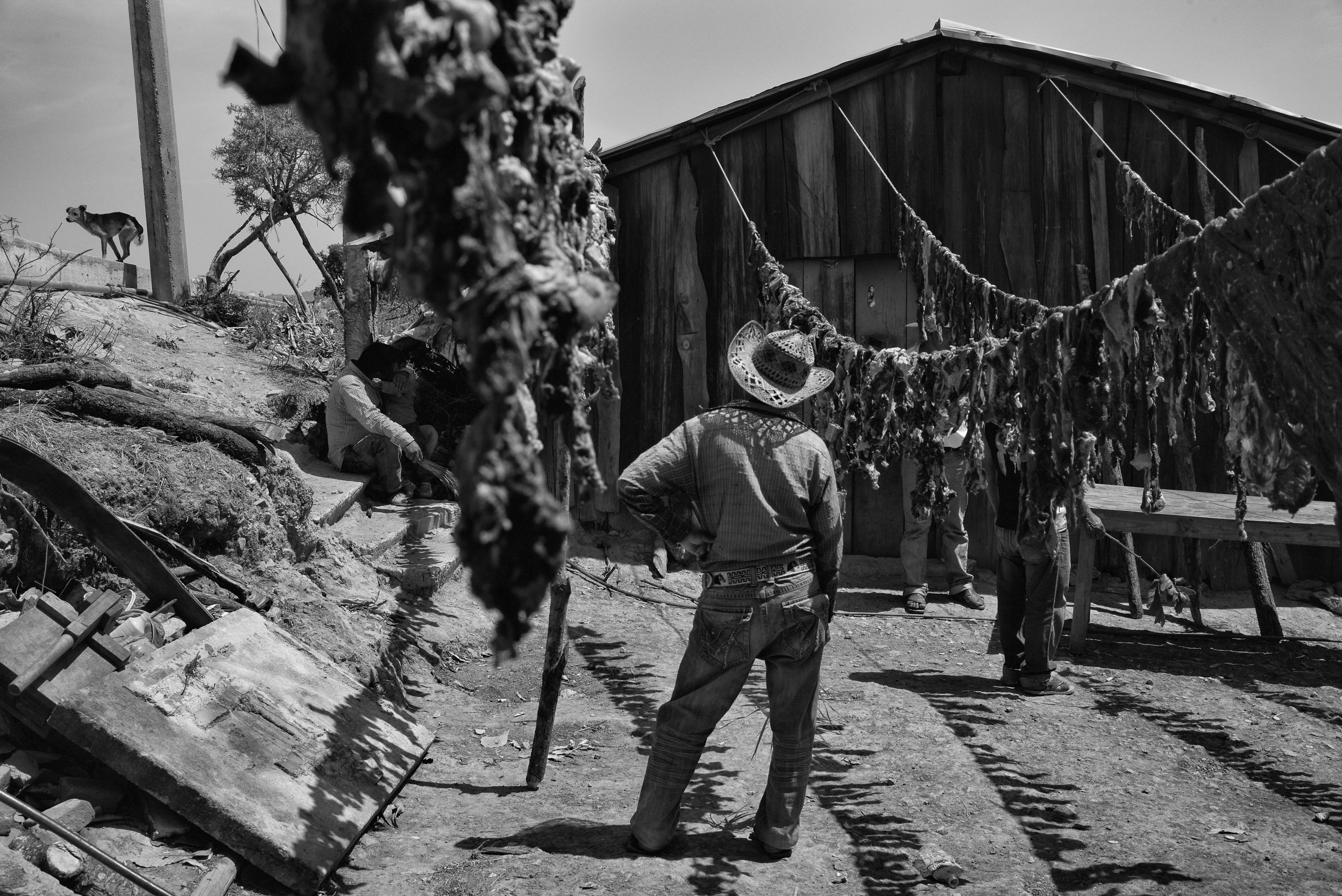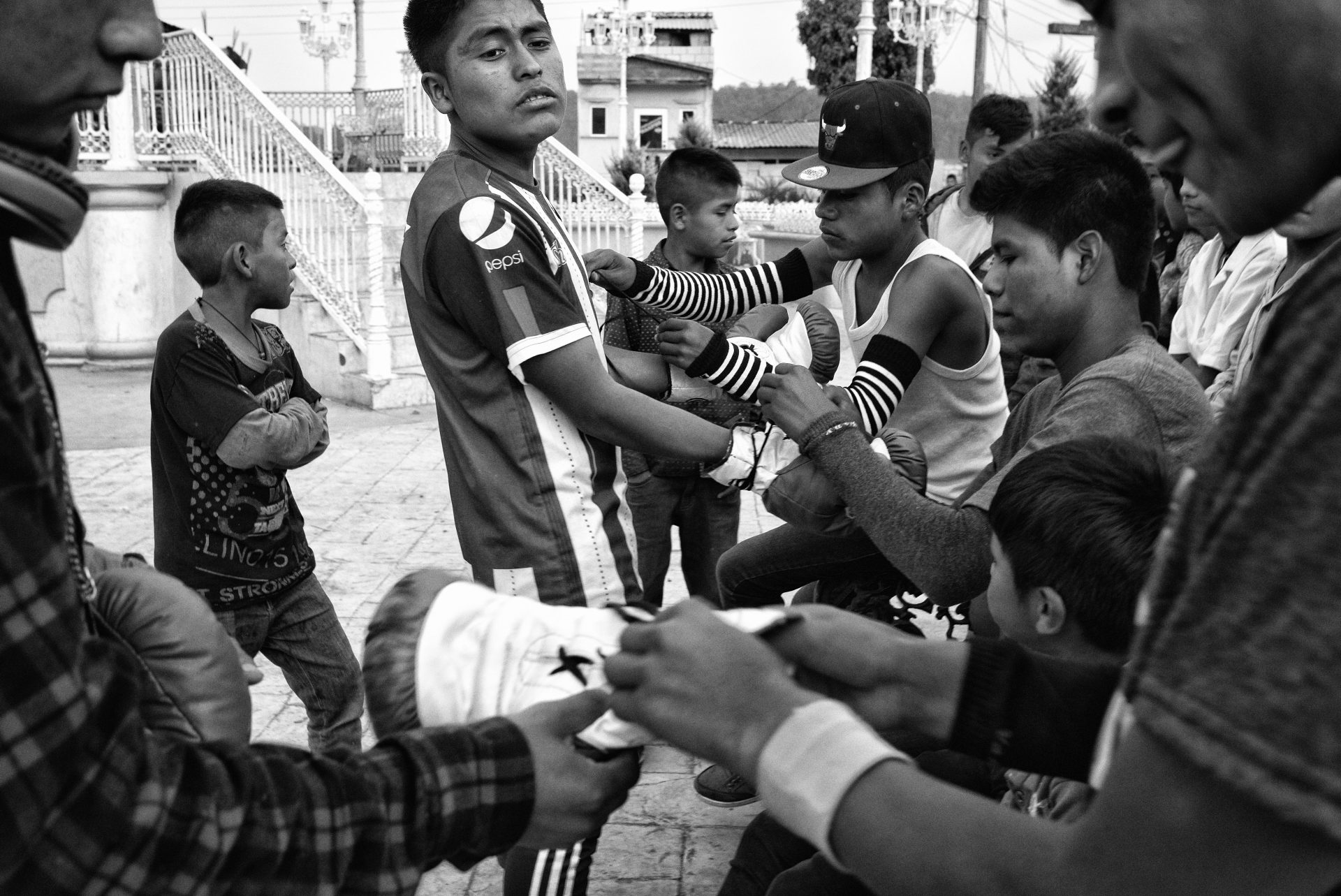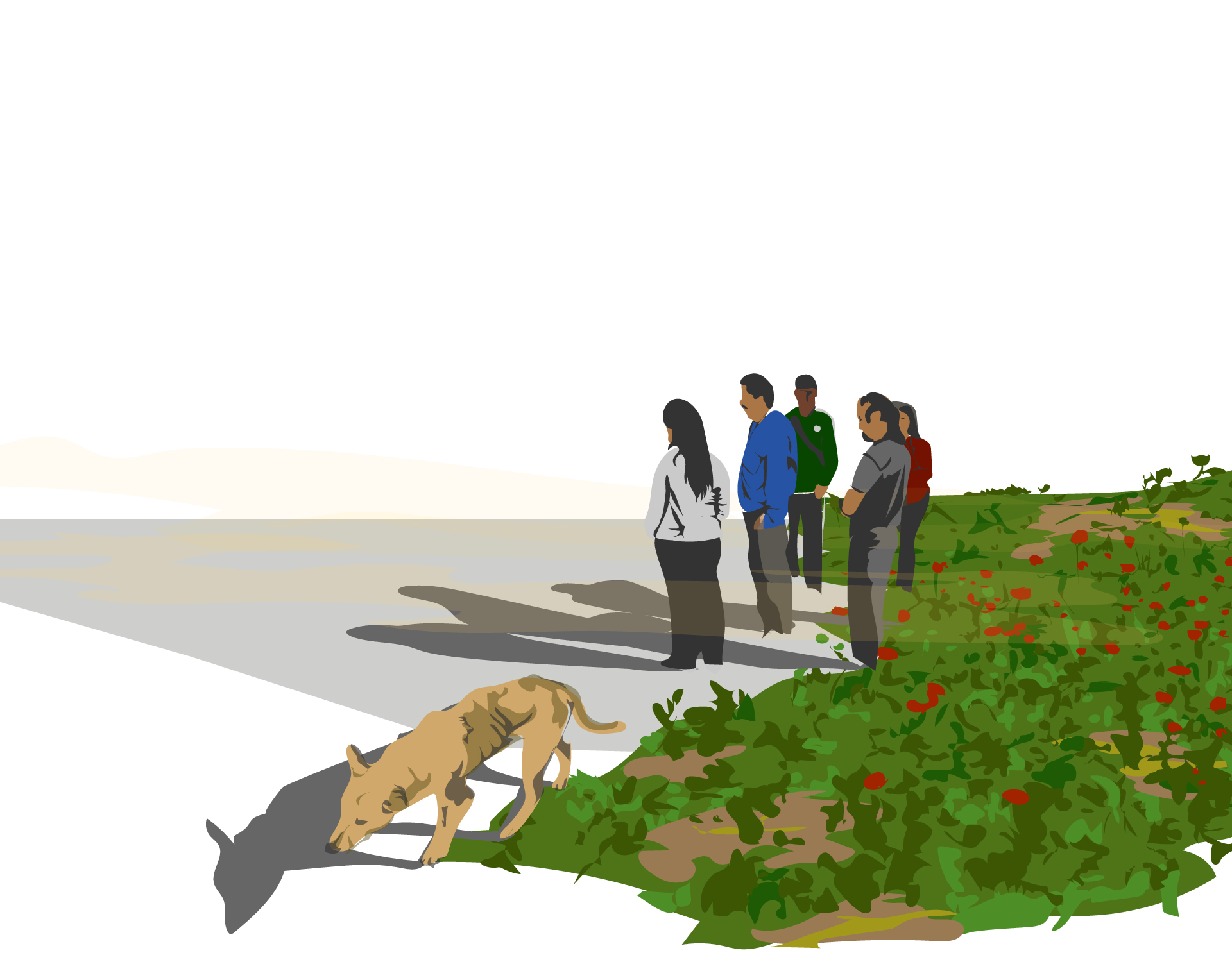This is the Chapter 7 of our Opium Project.
Introduction
Carlos Monsiváis once wrote that “drug-trafficking has tragically altered peasant communities […]. Marihuana and poppy cultivation have been systematic sources of perturbation.”1His vision could lead one to assume that the root of violence in agrarian societies lies in illicit crops, but in this paper I propose a distinct hypothesis: that violence is an instrument of the production of order that extends far beyond the drug trade.
I question the narratives that posit a clear correspondence between illegality and violence by demonstrating that a key factor which triggers violent processes is the experience of humiliation. In this view, what sets off such processes has much less to do, exclusively, with the legal framework that sustains commercial exchange, and much more with notions of justice, honor, and dignity.
To demonstrate this, I analyze ethnographic data obtained during various research periods in producing zones and sites where opium gum is bought and sold in the Sierra region of Guerrero, where poppies have been grown for over half a century.

Organized crime as a native category
At one entrance to the town is dominated by a building that appears to be a miniature replica of a pirate fort or, someone well-versed in architecture might say, a fortress. A few national flags hang languidly from the weighty cement structure. There is no one inside, evidenced by the metal bar placed to impede vehicle access, permanently in a raised position. Local people I spoke with during my research said it was because it was vacation time. Indeed, it was the Christmas season, and a festive atmosphere marked the town. It may seem absurd to run into a checkpoint with a boom barrier in the middle of a forest, but we are somewhere in the municipality of San Miguel Totolapan on the crest of the Sierra Madre del Sur in the state of Guerrero, a slice of mountain range that has inspired numerous corridos (popular songs) on confrontations with Mexico’s armed forces, drug smuggling, and valiant men.
I was in a community of some 40 families, which I will call High Town. It is part of a union of localities that organized to defend themselves from, and negotiate with, various criminal groups that seek to impose their control on a territory where different authority regimes overlap. This area of Guerrero is a point of contact among diverse sovereign orders sustained by organizations devoted to such criminal activities as extracting contraband timber, extorting mining companies, kidnapping, robbery, and trafficking opium gum.
The interpretation of people who live in zones where illicit crops have been grown for decades could be summed up as follows: organized crime is the precarization of illegality through the exercise of violence.
In the first months of 2014, High Town joined a group of neighboring localities that succeeded in setting itself up as an interlocutor with criminal organizations in places like El Pescado, Los Granados, and Tlacotepec. Their self-defense force boast some 400 members. According to some accounts, the town’s location at this point of contact among geographies governed by distinct authorities left them feeling that they lacked control over their lives:
“They’re always quarreling among themselves […] wanting some of us to side with some, and others with [their rivals]… pulling us this way and that”. So they decided to organize, “kill a few”, expel others, and form an alliance that would allow them to negotiate with their detractors”2
My informants do not conceive themselves as participants in organized crime. True, they produce opium gum and carry weapons reserved for the exclusive use of the army, but it is not this illegality that determines whether or not they belong to the criminal element, for this depends on how people’s wealth is produced. In their view, organized crime groups accumulate capital by dispossessing others, while they, in stark contrast, earn money through the fruits of their labor. The criminals used to buy opium gum at whatever price they pleased, while imposing themselves as the only buyers and appropriating fundamental elements of the peasant household: “chickens, cows, and pigs.”3 The earnings of some thus came at the cost of exploiting, or dispossessing, others. In this sense, the interpretation of people who live in zones where illicit crops have been grown for decades could be summed up as follows: organized crime is the precarization of illegality through the exercise of violence.
The experience of humiliation
The Sierra abounds with stories of people who chose to remain and resist the ambitions of various criminal organizations to exert their dominion over them. Those people never sleep, for the battle to defend their territory and autonomy is a never-ending one. “Those guys are very determined, guys that don’t think, crazy people,”Miguel tells me while preparing coffee4. No older than 30, he is one of the young men from High Town who joined the self-defense corps of the organization of nearby towns. I asked him if it was worthwhile to live in these conditions, shrouded in constant uncertainty, weapons always loaded and at hand. Without hesitating, he replied: “everything people have is here: their patrimony, their cattle, their fields.” These are ranches anchored in the sierra. The people who stay do so at great personal cost, perhaps revealing the clearest experience of what we call organized crime; that is, life transformed into a dichotomy where individuals must choose between being master or slave, where what is in play is the choice of living in servitude or dying in freedom.

So, what is it that leads individuals to choose the second option? In my interviews, humiliation was the word people repeated when speaking of organized crime and the armed movement formed to oppose the various groups that had occupied their town. People expressed the “humiliation” of being unable to walk through town without fear of being “recruited”, “kidnapped” (levantado), or viciously punished by blows (tablazos) to one’s butt, or to sell their cattle or opium gum at market prices.
Eventually, the rebellion orchestrated in a nearby town spurred residents of High Town to join with their neighbors in surrounding communities in expelling or killing people involved in the illicit activities perpetrated by organized crime: kidnapping, extortion, and other forms of dispossession. Their goal was never to annihilate their enemies; rather, as Alberto, a moral leader of the community who earns his living by producing mezcal and opium gum reiterated: “all we wanted was respect… we never took up arms to harass or pursue them, we just didn’t want them coming ’round here humiliating us.”5
As I explained in an earlier contribution, one result of the armed uprising is that High Town’s residents, together with those from nearby localities, have succeeded in establishing themselves as an interlocutor with organized crime groups.6 As a result, they can now negotiate terms for the sales of their merchandise, and restrict the access of bands of armed men to their communities. They have, in summary, successfully reverted, at least for a time, what once seemed to be an inevitable state of subjection.
The State as injustice
Feelings of humiliation can only emerge between equals. It is the sentiment triggered when victims deem themselves similar to the perpetrators, not in terms of power but in relation to honor and dignity.7 This emotion can be synthesized in a question: how is that you, someone equivalent to me, dare degrade me? When disdain comes from someone of superior status, what victims experience something more akin to injustice. If humiliation is a feeling that people associate with the experience of organized crime, then the incarnation of statehood is, for them, injustice. When speaking with people in the Sierra of Guerrero one hears, time and again, stories that emphasize the arbitrariness of State power.
In the Sierra, the most evident expression of the presence of the State is the eradication of poppy fields carried out by the Mexican army. Indeed, people often refer to the armed forces as “government”, clearly reflecting that the face of statehood with which they are most familiar is the punitive one. As in many drug-producing zones, people have developed a network based on two-way radios that alerts residents to the approach of soldiers. Suffice for a sentinel to announce over those audio waves that soldiers are coming for people to set the stage of a scene of typical, almost bucolic everyday life, men playing games, women hanging laundry out to dry, all traces of poppies and opium gum concealed, no plantations in sight, much less a firearm. Their aim is to represent their community as a peaceful mountain town, though behind the facade lies a latent relation of profound violence between the army and local residents.
In the Sierra, the most evident expression of the presence of the State is the eradication of poppy fields carried out by the Mexican army. Indeed, people often refer to the armed forces as “government”, clearly reflecting that the face of statehood with which they are most familiar is the punitive one.
Over the past 40 years, people report that “a lot of government” (mucho gobierno) has come to High Town. Regardless of whether one is an amapolero (poppy-grower) or not, the simple fact of residing in a center where this plant is produced is sufficient justification to be “beaten and left lying in the street.” Poppy eradication policies are ongoing, but the use of violence is not as common as in past years. “The government changed […] it used to be really tough,”8 was how folks who participated in my research summed this up, referring to the frequency and intensity of physical aggressions and their decrease since the 1980s.
But violence, to be sure, has another face, one that produces rage and indignation. It is clear to any observer that although these poppy-growers have frequent contact with the armed forces, the soldiers come for one sole purpose: to raze poppy plantations. They never show up to protect their proprietors. What local people find unjust is that the force of the law is applied –always– on the growers, never on those who make their living by extorting them. The production of order is sustained by repressing certain sectors, almost always the weakest link of the drug-trafficking chain, with an indolence that serves only to strengthen the other links.
Final comments
Adopting the ethnographic approach makes it possible to trace changes in drug-trafficking, in the nuanced manners adopted to repress or punish participants, and in the emotional valuing that people develop with respect to their own lives. In this text, I have attempted to demonstrate how organized crime is conceived, and how it has come to be associated with feelings of humiliation. It is in this sense that I argue that this emotion allows us to better understand the effects of certain kinds of criminality on the body, and explain, at least to a point, why people rebel against regimens of authority that impose unjustified violence.
In contrast to humiliation, I sustain that injustice does not seem to generate a grandiloquent reaction but, rather, tends to produce paralysis or impotence. I cannot, in the scope of this text, elaborate on this aspect, but I suspect that the fact that all of High Town’s residents are involved, in one way or another, in the poppy economy inhibits their capacity for political action. As one elderly poppy-grower, now devoted to legal agricultural production, put it: “here, the government treats us like [third-class citizens] and ’cause they know we sell gum to subsist, they tell us: if you guys get out of line, you’ll see, you’re poppy-growers, so don’t go gettin’ riled up.”9 In this sense, the discretional application of the law functions as a form of political control on certain populations with the result that, in places like the highlands of Guerrero, people experience statehood as the production of an arbitrary order that favors some while violating others, in the face of which there is precious little that one can do.
Notes
- Monsiváis, “Del levantón de algunas hipótesis sobre el narco”, Política común, vol. 2, 2012. ↩︎
- Collective interview, 23 December 2020, High Town. ↩︎
- Idem. ↩︎
- Interview with Miguel, 25 December, High Town. ↩︎
- Collective interview, Ibidem. ↩︎
- See Irene Álvarez Chapter 2 of this Series. ↩︎
- Frevertis, Ute. The Politics of Humiliation: A Modern History, Oxford University Press, Oxford, 2020. ↩︎
- Collective interview, Ibidem. ↩︎
- Collective Interview, Ibidem. ↩︎

